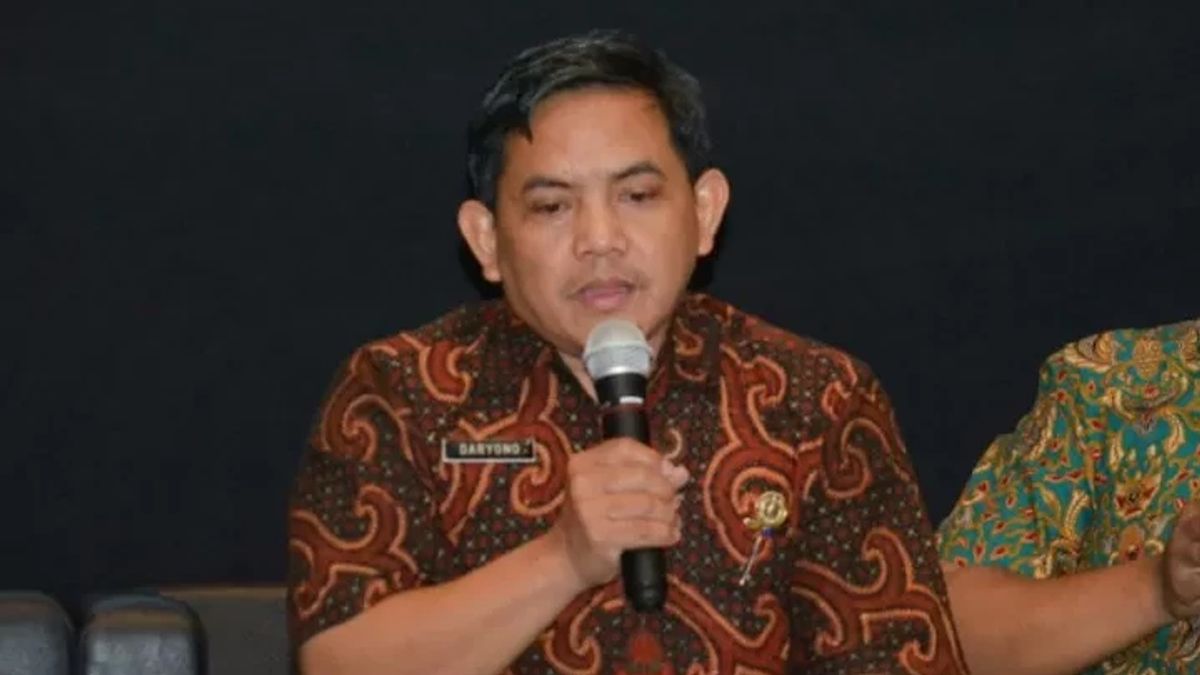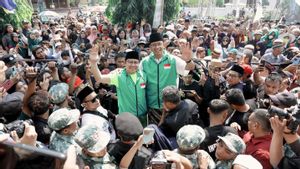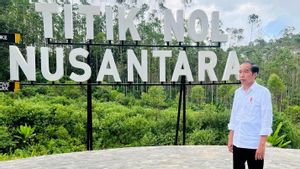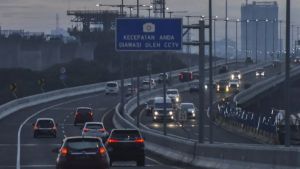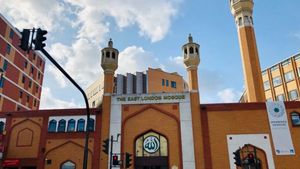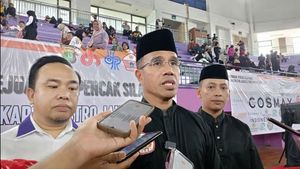JAKARTA - Head of the Earthquake and Tsunami Center of the Meteorology, Climatology and Geophysics Agency (BMKG) Daryono revealed that there are still many unresolved earthquake fault points in Indonesia.
"We were surprised by the earthquakes that came from faults that had not been mapped. This is a challenge for us together with geologists, tectonic experts to map all the earthquakes that have not been mapped," said Daryono in a dialogue between BMKG partners, Friday, November 3, confiscated by Antara.
He gave an example, the earthquake in Ambon, Maluku, in 2019, the Ampana earthquake (Central Sulawesi, 2021), and the Cianjur earthquake (West Java, 2022) as several disasters whose earthquake faults had not been mapped before.
Daryono also mentioned that there was vigilance against the earthquake phenomenon in Lombok, West Nusa Tenggara in 2018 which occurred continuously with a strength of 6.5 magnitudes, 6.9 magnitudes to 5.7 magnitudes that triggered an active fault point in the vicinity.
"We have seen many earthquakes that have not been mapped beyond the predictions of experts and have a big impact," he said.
BMKG actively collects earthquake patterns as a risk mitigation measure to minimize the number of casualties.
This was done as a form of BMKG's responsibility as one of the disaster responses to monitor the increase in activity.
"Every time there is an earthquake, we collect it and the patterns already exist that there has been an earthquake, there has been an increase in seismicity," he said.
SEE ALSO:
Daryono emphasized the importance of building public awareness and understanding regarding the potential for earthquakes in the country. Socialization to the community continues to be carried out as an effort to mitigate disaster risk.
BMKG continues to draw up maps of earthquake and tsunami hazard threats such as preparedness of officers, the community to training and evacuation routes for disasters.
"What is certain is that you have to understand the map of the threat of danger and that can be made by the BMKG," he said.
BMKG together with a number of relevant stakeholders always work together to increase public awareness of natural disasters.
In addition, he also said that his party is still trying to improve the quality of technology for early warning of natural disasters, so that people can be more aware of disasters that occur.
BMKG continues to learn from a number of earthquake and tsunami disasters that have hit Indonesia in recent years.
The English, Chinese, Japanese, Arabic, and French versions are automatically generated by the AI. So there may still be inaccuracies in translating, please always see Indonesian as our main language. (system supported by DigitalSiber.id)
